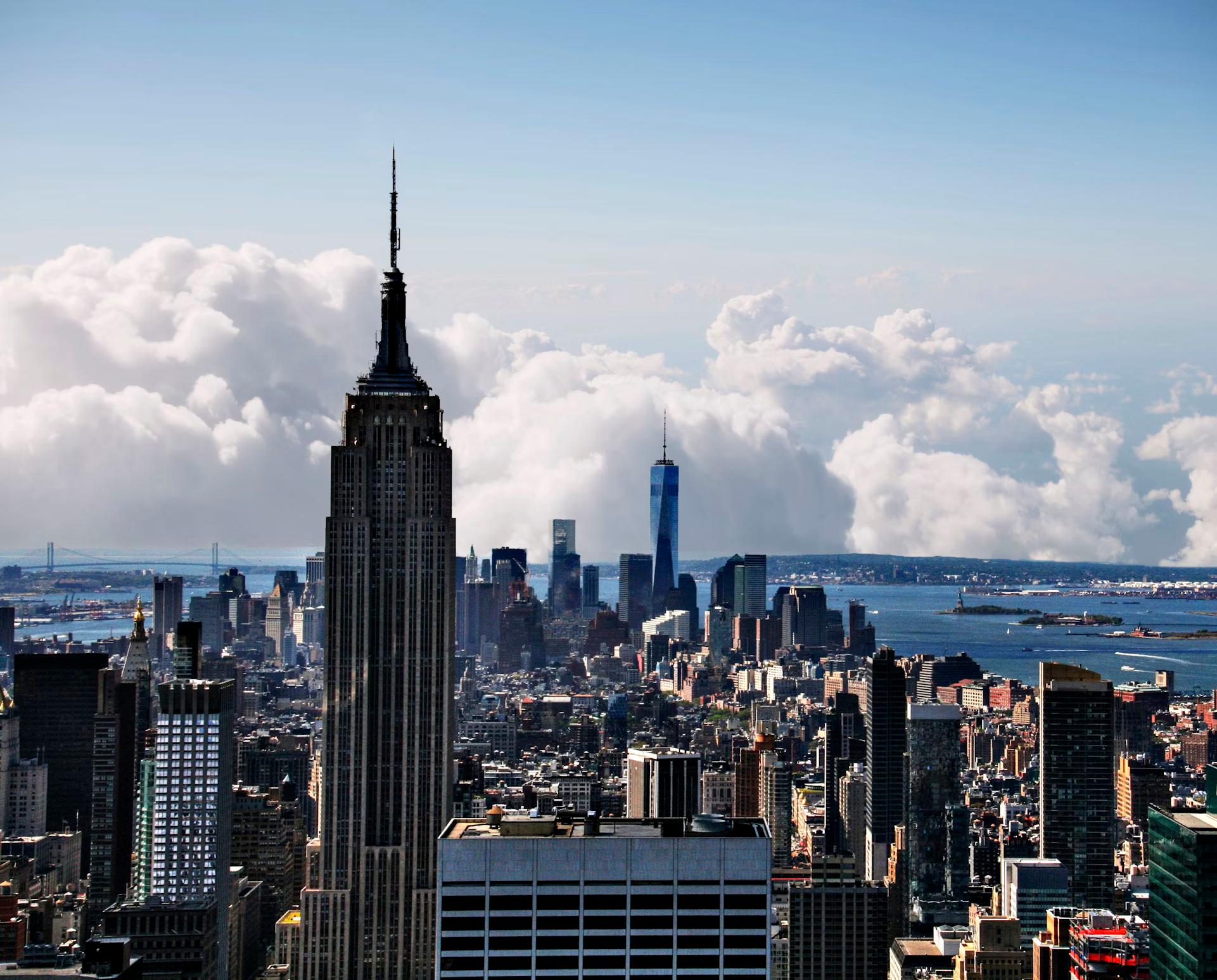
Millennial Travel Statistics in 2024-2025: Decoding the Wanderlust Generation
Millennials, born between 1981 and 1996, are now the largest generation and a dominant force in the travel industry. Their unique preferences and travel habits are reshaping the tourism landscape. Understanding millennial travel statistics is crucial for travel agencies, hotels, destinations, and travel marketers looking to cater to this influential demographic.
This article presents key Millennial travel statistics for 2024-2025, offering a data-driven perspective on their spending habits, destination choices, travel motivations, and technology usage. From their desire for authentic experiences to their reliance on social media, these insights provide a comprehensive picture of the millennial traveler.
Millennial Traveler Demographics and Spending Statistics
Let's start by examining the demographics and spending power of millennial travelers.
- Millennials are the largest generation globally, representing a significant market segment for the travel industry. (Source: Pew Research Center)
- Millennials are estimated to spend over $200 billion on travel annually, making them a high-value demographic for travel businesses. (Source: Condor Ferries)
- Travel is a top priority for Millennials, with a higher percentage prioritizing experiences over material possessions compared to older generations. (Source: MMGY Global)
- Millennial travelers take an average of 4-5 leisure trips per year, demonstrating their frequent travel habits. (Source: Deloitte)
- The average trip duration for Millennials is 7-10 days, indicating their preference for longer, more immersive travel experiences. (Source: Travel Agent Central)
- Millennials are willing to spend more on unique and authentic experiences, prioritizing quality and personalization over budget travel in some instances. (Source: Forbes)
- Solo travel is increasingly popular among Millennials, with a significant percentage opting for independent adventures. (Source: TourRadar)
Millennial Travel Preferences and Motivations Statistics
Let's explore what motivates millennial travelers and their preferred travel styles.
- Authentic experiences are highly valued by Millennial travelers, who seek immersive cultural encounters and local interactions. (Source: Booking.com)
- Adventure and experiential travel are top priorities, with Millennials seeking active and engaging travel experiences beyond traditional sightseeing. (Source: Adventure Travel Trade Association (ATTA))
- Sustainability and responsible travel are increasingly important, with Millennials showing a growing interest in eco-friendly and ethical travel options. (Source: Sustainable Travel International)
- Wellness and mindful travel are gaining popularity, with Millennials seeking travel experiences that promote personal well-being and mental health. (Source: Global Wellness Institute)
- Food and culinary experiences are a major travel motivator, with Millennials eager to explore local cuisine and participate in food-related activities. (Source: World Food Travel Association)
- Unique and Instagrammable destinations are influential, with social media playing a significant role in destination selection for Millennials. (Source: Phocuswright)
- Bleisure travel (business + leisure) is a growing trend, as Millennials increasingly blend work and personal travel. (Source: Expedia)
Millennial Travel Booking and Technology Statistics
How do Millennials book their travel and what technologies do they utilize?
- Millennials are digital natives and primarily book travel online, with OTAs and travel apps being their preferred booking channels. (Source: eMarketer)
- Mobile devices are crucial for travel planning and booking, with a high percentage of Millennials using smartphones for all stages of travel. (Source: Think with Google)
- Social media platforms are significant for travel inspiration and planning, with Millennials relying on platforms like Instagram, TikTok, and Facebook for travel ideas and recommendations. (Source: Sprout Social)
- Travel review websites and blogs are highly trusted sources of information, with Millennials actively seeking peer reviews and expert opinions before booking. (Source: Trustpilot)
- Personalization is expected in travel booking experiences, with Millennials valuing tailored recommendations and customized offers based on their preferences and past travel history. (Source: Accenture)
- Contactless and digital payment methods are preferred, with Millennials embracing mobile payments and digital wallets for travel transactions. (Source: PwC)
- Loyalty programs are less influential for Millennials compared to older generations, with price and experience often outweighing loyalty benefits. (Source: Skift)
Millennial Destination Preferences Statistics
Where are Millennials traveling and what types of destinations are popular?
- Domestic travel remains popular among Millennials, with many opting for local getaways and exploring their own countries. (Source: U.S. Travel Association)
- City breaks and urban explorations are favored, with Millennials drawn to vibrant cities offering culture, nightlife, and diverse experiences. (Source: Hostelworld)
- Nature and outdoor destinations are increasingly sought after, with a growing interest in hiking, camping, and eco-tourism among Millennials. (Source: Allianz Travel Insurance)
- European destinations remain highly popular, with countries like Italy, Spain, and France consistently ranking among top choices for Millennial travelers. (Source: European Travel Commission)
- Southeast Asia is a growing destination region, attracting Millennials with its affordability, cultural richness, and diverse landscapes. (Source: Intrepid Travel)
- Off-the-beaten-path and unique destinations are gaining traction, as Millennials seek to avoid crowded tourist hotspots and discover hidden gems. (Source: AFAR)
- Sustainable and eco-conscious destinations are preferred, aligning with Millennial values of environmental responsibility. (Source: Green Destinations)
Challenges and Opportunities in the Millennial Travel Market Statistics
What are the key challenges and opportunities when targeting millennial travelers?
- Price sensitivity is a factor, with Millennials often seeking value for money and affordable travel options, especially budget-conscious millennials. (Source: StudentUniverse)
- Maintaining authenticity is crucial in marketing, as Millennials are wary of inauthentic or overly promotional travel advertising. (Source: Adweek)
- Personalization and customization are key to engagement, requiring travel businesses to offer tailored experiences and cater to individual preferences. (Source: McKinsey & Company)
- Social media presence and engagement are essential, with travel brands needing to actively engage with Millennials on social platforms and leverage influencer marketing. (Source: Hootsuite)
- Providing seamless digital experiences is paramount, with user-friendly websites, mobile apps, and online booking processes being critical for attracting Millennial travelers. (Source: Sojern)
- Offering flexible booking and cancellation policies is important, as Millennials value flexibility and adaptability in their travel plans. (Source: TravelPulse)
- Highlighting unique and shareable experiences is effective, as Millennials are motivated by creating memorable moments and sharing their travels on social media. (Source: Contiki)
Actionable Strategies for Reaching Millennial Travelers Statistics
Here are key strategies for travel businesses to effectively engage with millennial travelers:
- Develop mobile-first booking platforms: Ensure seamless and user-friendly mobile booking experiences to cater to their mobile-centric behavior.
- Invest in social media marketing: Create engaging content on platforms like Instagram and TikTok, and leverage influencer collaborations to reach millennial audiences.
- Offer personalized travel recommendations: Utilize data analytics to understand preferences and provide customized travel suggestions and offers.
- Emphasize authentic and local experiences: Curate travel packages and itineraries that focus on cultural immersion and local interactions.
- Promote sustainable and responsible travel options: Highlight eco-friendly and ethical travel choices to appeal to their values.
- Create shareable and visually appealing content: Focus on creating visually stunning content that resonates on social media and encourages user sharing.
- Provide flexible booking and cancellation policies: Offer adaptable booking options to address their need for flexibility and peace of mind.
- Build trust and transparency: Be transparent in pricing and services, and build trust through authentic communication and positive customer reviews.
Bottom Line
Millennials are a powerful and evolving force in the travel industry. Their desire for authentic, experience-driven, and sustainable travel, combined with their digital fluency, presents both challenges and significant opportunities for travel businesses. By understanding millennial travel statistics and adapting strategies to cater to their unique preferences, the travel industry can effectively engage with this influential generation and unlock substantial growth in the years to come.


